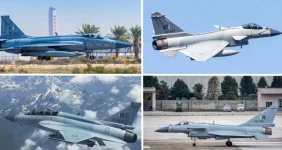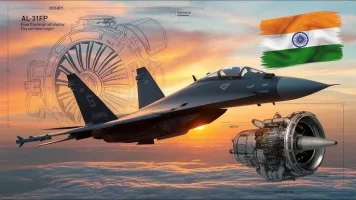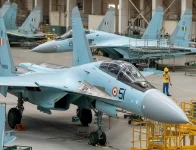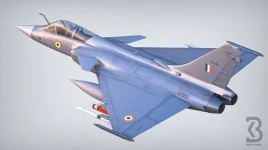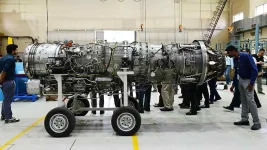- Views: 3K
- Replies: 24

India's pursuit of long-range strategic bombers has led to discussions about potentially acquiring the Russian-made Tupolev Tu-160 "Blackjack." While the Tu-160 boasts impressive capabilities with its supersonic speed, vast payload capacity, and long range, the acquisition and operation of this formidable bomber come with a hefty price tag.
Acquiring a single Tu-160 could cost India an estimated $270 million to $300 million, based on previous procurement data and adjusted for inflation and modernization. However, this figure only accounts for the aircraft itself. Additional expenses for associated equipment, training, infrastructure, and long-term maintenance could push the total procurement cost per unit beyond $350 million.
Operational costs are equally significant. The Tu-160's four turbojet engines consume a substantial amount of fuel, estimated at 3,000 to 4,000 gallons per hour. With aviation fuel costs averaging $3 per gallon, fuel expenses alone could reach $9,000 to $12,000 per hour of operation.
Maintenance is another significant contributor to the operational cost. As a large and complex aircraft, the Tu-160 requires substantial upkeep, including periodic overhauls. Estimates suggest that maintenance could cost anywhere between $8,000 and $15,000 per hour of operation.
Factoring in crew salaries, the upkeep of complex avionics and systems, and other operational expenses, the total hourly operating cost of a Tu-160 could range from $19,200 to $30,000. This translates to a significant financial commitment for India, should they choose to procure these bombers.
While the Tu-160 offers undeniable strategic advantages in terms of range, speed, and payload capacity, these costs must be carefully weighed against India's defence budget and long-term strategic needs. The high operational and procurement costs are part of a broader equation that includes the need for advanced bombers to enhance India's deterrence capabilities.

